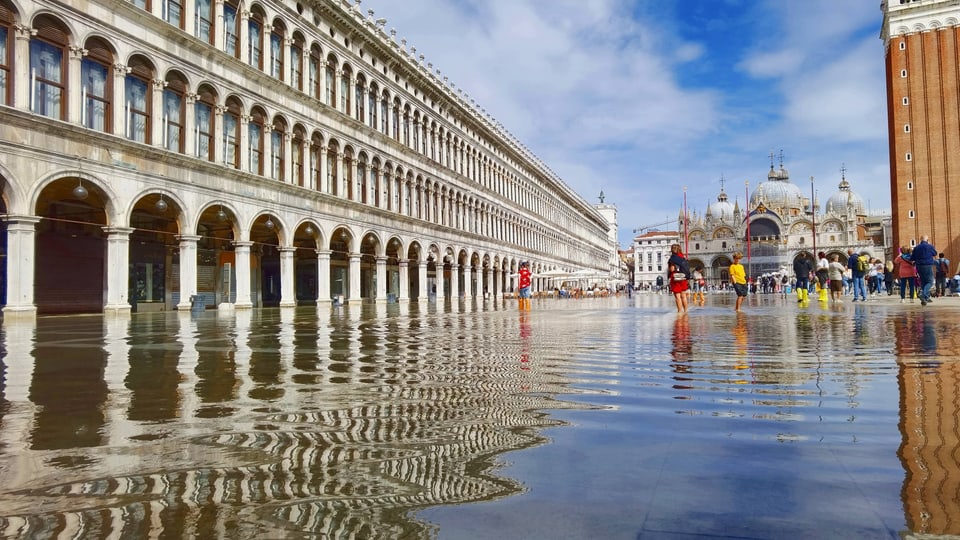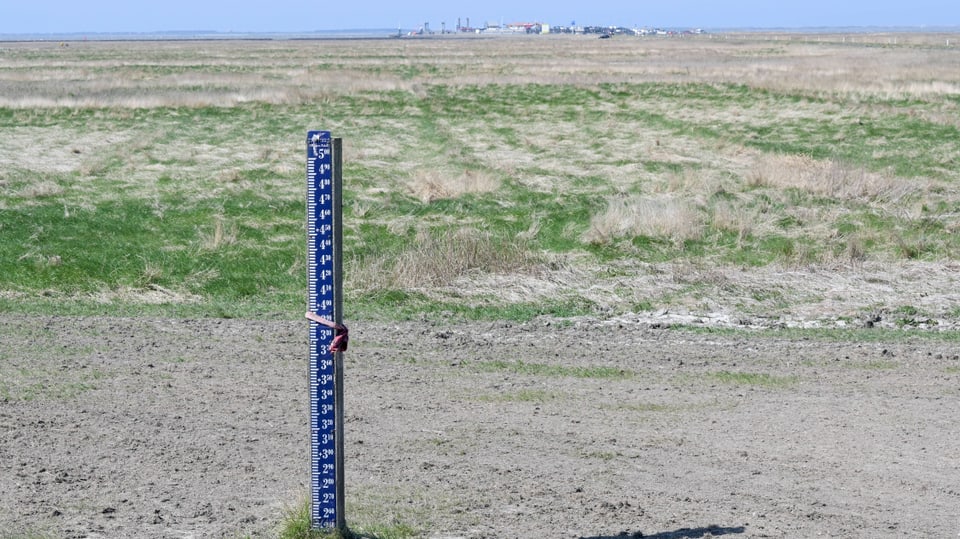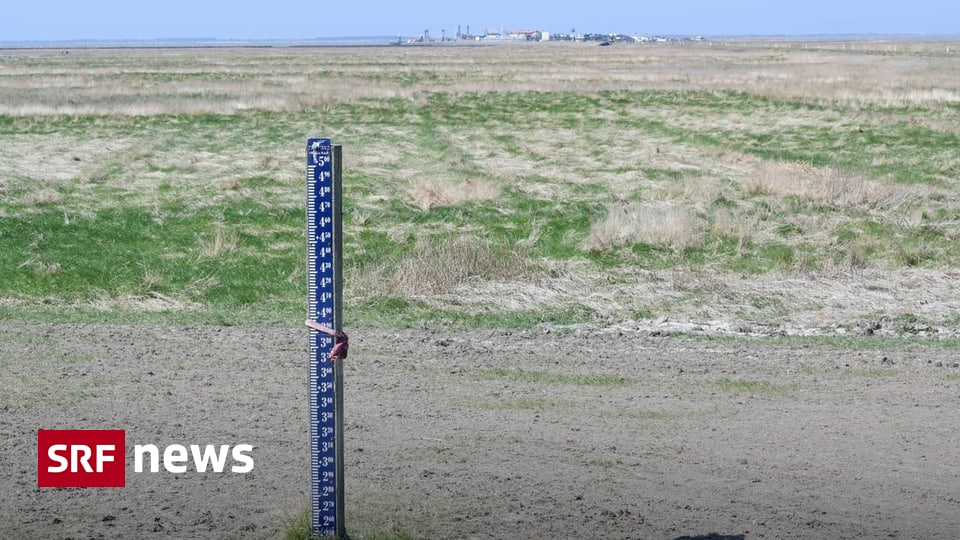Based on the Global Climate Report's extreme scenario, a study shows what is threatened economically and on which coasts.
If sea levels continue to rise by 1.5 meters by 2100, how might Europe's economic performance evolve? A team from Delft University of Technology has investigated this question in detail for the first time.
In the Netherlands, for example, a quarter of the country is already below sea level. However, because the country is well protected from the sea thanks to advanced dikes, the damage from sea level rise will be much deeper than in neighboring Belgium, for example.
Extremely vulnerable: Italy's north-eastern coasts
Italy, on the other hand, is likely to be more affected than Belgium, says Theodoros Chatzivasiliadis of TU Delft: “The Veneto region in the north-east of the country will lose 20 percent of its economic output. In neighboring Emilia-Romagna it is up to ten percent.”
According to the study, southern Italy will not be affected by its steeper coastlines. However, Italy will suffer the most in Europe overall, with an economic output loss of 2 to 5% – along with Latvia, Denmark, Ireland and Portugal.

legend:
Venice Beach has always lived with floods. However, one scenario assumes that without countermeasures, Piazza San Marco could remain continuously underwater until 2100.
Imago/Kay Kohler
However, areas further from the sea are likely to benefit slightly. Because part of the economic activities will shift away from the coast. For example, Austria's GDP will increase by one to two percent. Switzerland, which was not part of the study, is also expected to benefit from this shift.
There are no expectations – modifications are not taken into account
The study is based on an extreme scenario from the global climate report. Sea levels are currently not expected to rise this quickly in less than 80 years. In addition, the researchers did not take into account any adjustments to sea level rise. Therefore, the numbers should not be understood as accurate forecasts.

legend:
Water level indicator at Holwerd, Dutch province of Friesland. In the background is the ferry terminal to the island of Ameland in the Wadden Sea.
Imago/Jörg Boethling
However, the researchers took into account many direct and indirect damages in different economic sectors, so that the different regions affected were well represented.
What if the water rose faster?
But it could also be faster, says Professor Tatiana Filatova from Delft University of Technology. Potential tipping points such as rapid melting of the West Antarctic ice sheet were not taken into account in the study.
The study could be useful in assessing where and how much sea level rise is being prepared. Or where it makes sense to withdraw partially or completely from the coast, Filatova says.

“Tv specialist. Friendly web geek. Food scholar. Extreme coffee junkie.”






More Stories
Killed during a surfing trip in Mexico: Theory after body is found
Increased risk of bites: Venomous snakes are migrating to new countries due to global warming
Machu Picchu: Privatization of ticket sales – News